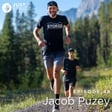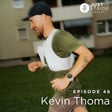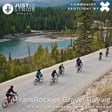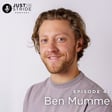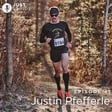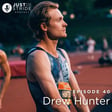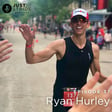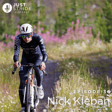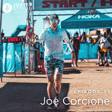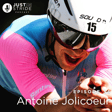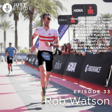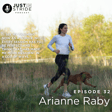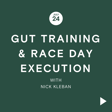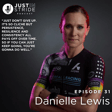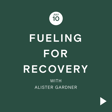
Elissa Legault on her tremendous rise as a Canadian Marathoner, building herself back up after a length injury, her evolution as a Coach at LegGo Coaching, the mental struggle of taking a step back from the sport, her mindset after her first race back in Vancouver, rehab and recovery tricks
On today’s episode of Just In Stride, we’re joined by Elissa Legault, an elite long-distance runner and coach at Leggo Coaching. With standout performances on the roads, she has proven herself as a fierce competitor while also helping others chase their own running goals.
Elissa’s journey hasn’t been without setbacks. After dealing with a tough injury, she had to step away from competition, navigate the challenges of recovery, and rebuild both physically and mentally. Now, she’s back stronger than ever, using her experiences to not only elevate her own racing but to guide the athletes she coaches.
In this episode, Elissa shares the lessons she’s learned from injury, how coaching has shaped her perspective on the sport, and what’s next for her as both an athlete and mentor. Her story is an honest look at perseverance, patience, and the process of coming back better than before.
Links:
Instagram
LegGO Coaching | Running Plan
-------
Offer from Xact Nutrition: This episode is presented by our friends at Xact Nutrition and they are offering you 15% OFF your order when you use the code JUSTINSTRIDE. So head to xactnutrition.com and fuel your goals today! Now shipping in Canada and the U.S.
Thanks for tuning in to the Just In Stride Podcast. I truly appreciate you taking the time to listen and I hope you enjoyed that conversation as much as I did. Please take a minute after this to rate and review our show on Apple Podcasts. With your feedback we’ll be able to make the show even better and it’ll help us reach new listeners too. You can also find us on Instagram @justinstridepod and YouTube @justinstridepod for all the latest episodes and updates. Glad you came along for the ride with Just In Stride!
